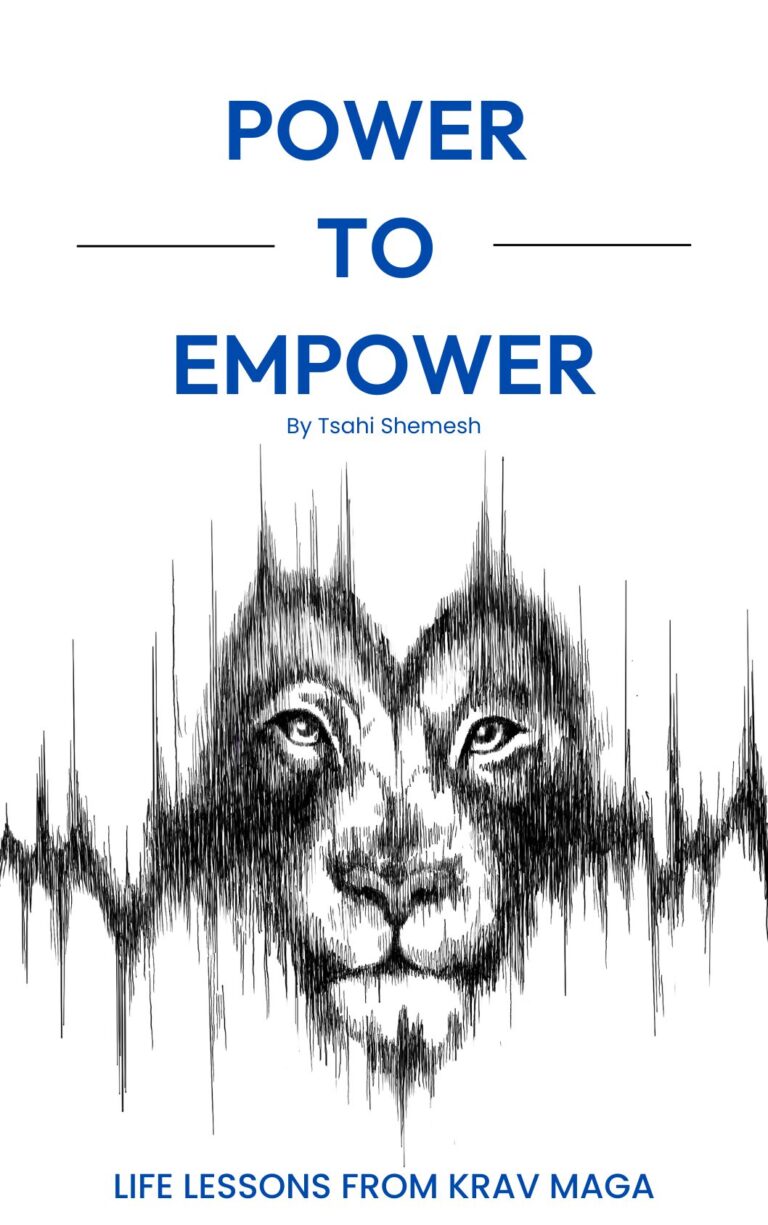Standing Against Hate is Protecting Core Values
Antisemitism is more than just hatred directed at Jews—it represents a fundamental attack on the core values of democracy, freedom, and human dignity. Every society bears the responsibility to confront it because it undermines the principles that sustain justice and equality for all. This issue transcends ethnic or religious lines, touching upon entire communities’ human rights and safety.
In today’s world, complacency can easily allow injustice to persist. We often see it as someone else’s problem, but this attitude is dangerous. The events of 2020, such as the rise of movements like BLM and the subsequent wave of hate crimes against the Asian community, demonstrate a critical truth: hate, when left unaddressed, will always find a new target. If we fail to confront the root causes of these issues, tomorrow, it will be someone else’s problem. The responsibility to break this cycle falls on us all.
But history has shown that unchecked hatred doesn’t just harm its immediate victims—it seeps into the fabric of society, undermining the values we all hold dear, like freedom, tolerance, and peace. Antisemitism, in particular, reflects a deeper illness in society that, if left unchallenged, threatens to destabilize our collective moral compass. It is a sign of systemic decay that harms everyone, not just the group it targets at any given moment.
As a global society, we need to recognize that antisemitism is more than a fringe issue—it is a bellwether of societal health. When it grows, it reveals a weakness in the democratic and moral structures that should protect everyone. The fight against it is, at its heart, a fight for the integrity of these structures. It’s a fight for the future of an open and just society where dignity and equality prevail.
The responsibility to combat antisemitism lies with each of us, and it requires more than just awareness—it demands action. Just like in Krav Maga, where we teach students to be proactive and not wait passively for an attack, the same applies when confronting hatred. The fight starts long before the violence. It begins with recognizing the early signs of intolerance and acting to prevent it from taking root.
This approach requires a shift in mindset. We cannot view antisemitism or any form of bigotry as someone else’s fight. Each of us has a duty to confront it, not just for the sake of those directly affected but for the health and stability of society as a whole. By confronting hate at its roots, we protect the values that allow diverse communities to thrive, ensuring that freedom and safety aren’t just privileges for some but rights for all.
One of the most powerful tools in this fight is education. Ignorance fuels fear, and fear fuels hate. By educating people about Jewish history, culture, and the dangers of unchecked prejudice, we begin to dismantle the myths and stereotypes that give antisemitism its power. In the same way that we teach the fundamentals of self-defense, we must teach the fundamentals of empathy and understanding. Knowledge is a defense, and by equipping people with the truth, we reduce the power that hatred has to manipulate and divide.
But education alone isn’t enough. Action is crucial. Speaking out when we see antisemitism—whether it’s in a casual comment or a more overt form of discrimination—is essential. Silence allows hate to thrive. By calling out antisemitism wherever it appears, we disrupt its spread and remind society that there is no place for such bigotry. It takes courage, much like stepping into a fight does, but it is necessary if we are to truly protect the principles we hold dear.
In Krav Maga, we often talk about preemptive defense—the idea that you can’t wait for the threat to fully materialize before taking action. This applies to the fight against antisemitism as well. We must be proactive, recognizing the signs of hatred early and stopping it before it grows. It’s not enough to react; we have to prevent it.
Moreover, this fight cannot be fought alone. The Jewish community needs allies—people from all backgrounds, religions, and walks of life—to stand together against antisemitism. When we build coalitions of support, we show that this isn’t just a Jewish issue; it’s a human issue. In Krav Maga, we train with partners, understanding that in moments of crisis, we might need someone by our side to succeed. The fight against antisemitism is no different—it requires unity and solidarity.
It’s easy to feel overwhelmed by the size of the problem. Antisemitism, racism, and other forms of hatred can feel like insurmountable challenges. But if there’s one lesson from Krav Maga that applies here, it’s that we can’t let fear or the magnitude of the issue paralyze us. Each small act of resistance contributes to the larger fight. Every time we choose to stand against hatred, we strengthen the fabric of our society.
Resilience is the key. The fight against antisemitism is not one that will be won overnight. It will require long-term commitment, strength, and a refusal to give up. Just as in self-defense training, where persistence leads to progress, the same principle applies to social justice. We must continue to push forward, knowing that each step brings us closer to a world where hatred has no place.
Ultimately, the fight against antisemitism is a fight for all of us. It’s about ensuring that the values of democracy, freedom, and dignity prevail. Just as in Krav Maga, where we defend not just ourselves but the people and values we hold dear, in the broader world, we must protect the principles that allow society to flourish. This is not just a Jewish fight—it’s everyone’s fight. And it’s one we can win if we stand together.
Do something amazing,
Tsahi Shemesh
Founder & CEO
Krav Maga Experts

